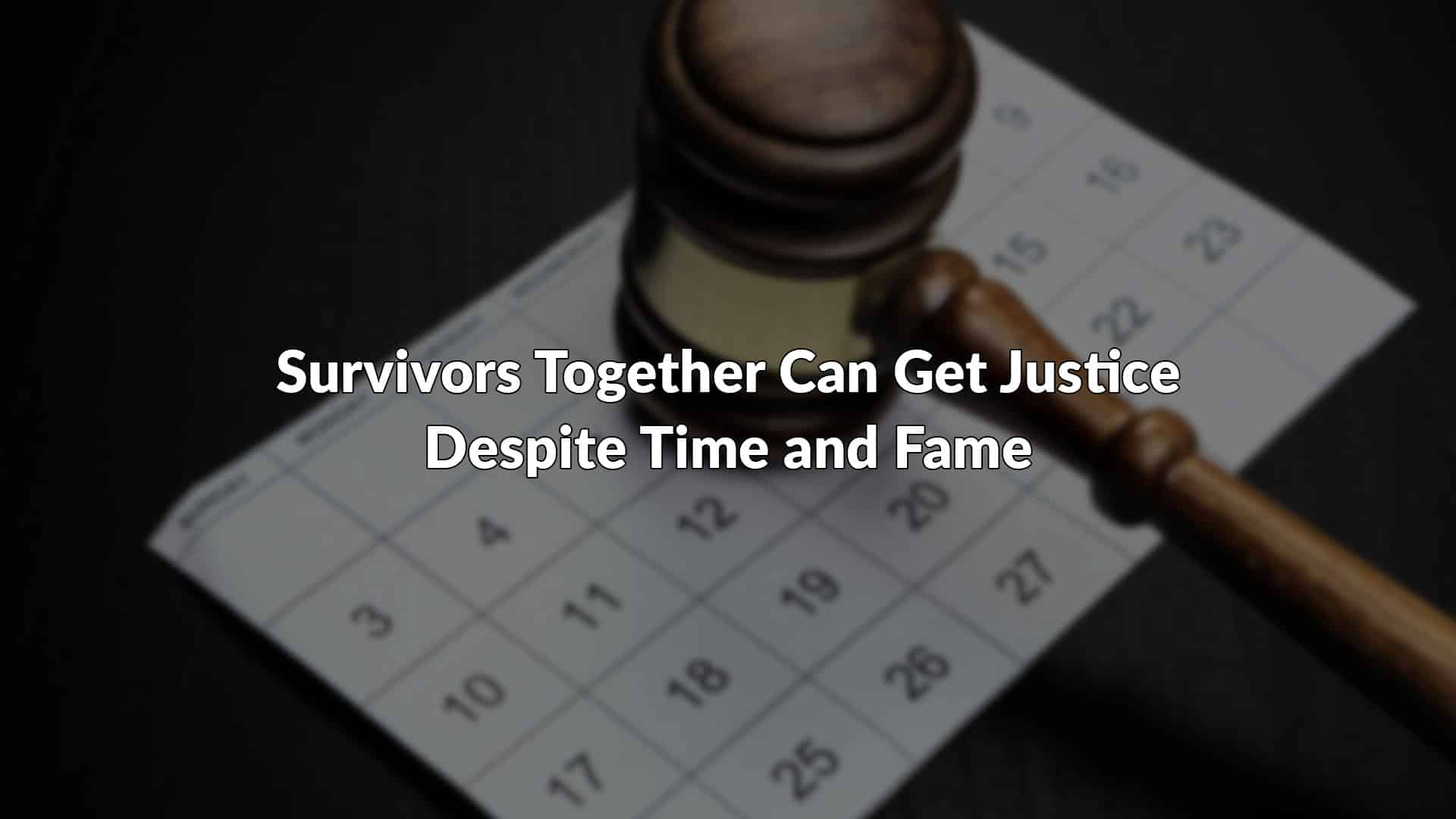I attended the DC Mayoral Forum on victim services, where two mayoral candidates had an opportunity to shed light on their plans to enhance and sustain services for the nearly 30,000 annual victims of crime in the District.
Each candidate had around 15 minutes to “provide an overview of how, should they be elected, their administration will ensure continued services that meet the range of need of victims of crime in Washington, DC,” including “their plans to increase services for victims of domestic violence, sexual assault, child abuse and family members of homicide victims.”
Despite these instructions, what the candidates offered was an overview of personal achievements. Instead of addressing real future challenges, these types of candidate forums often turn into politicized meetings where politicians use metaphors and lofty expressions to gain public support.
Only at the very end – during the last 30 seconds of the 15 minutes- did the candidates reach the substance of the issue. They briefly mentioned the need for a deliberate focus on vulnerable populations in the DC area and, in particular, touched on the need for safe housing for victims of domestic violence. Then, they were out of time.
As an outsider from Belgium, it has been very intriguing for me to see how American politics differs from politics in Belgium or, more broadly, in Europe in general. The prioritization of personal interests in politics prevents politicians from effectively addressing future challenges because their personal interests prevail over social needs. Instead of simply listing their general qualities that make them the perfect leader for this city, the candidates should outline their blueprint for particular policy issues—in this case, on how to efficiently address the needs of crime victims in the DC area. This approach will allow people to base their votes on actual plans for the future instead of speculation based on past achievements and personal stories.
The Amara Legal Center is committed to fighting tirelessly to provide excellent legal presentation to our clients, to connecting survivors with vital social services, and to raising public awareness of the legal issues facing our clients. We would love to hear from our newly elected mayor about the details of their blueprint for effectively combatting sex trafficking and increasing services for survivors in the DC area.
By Daan Krauss



